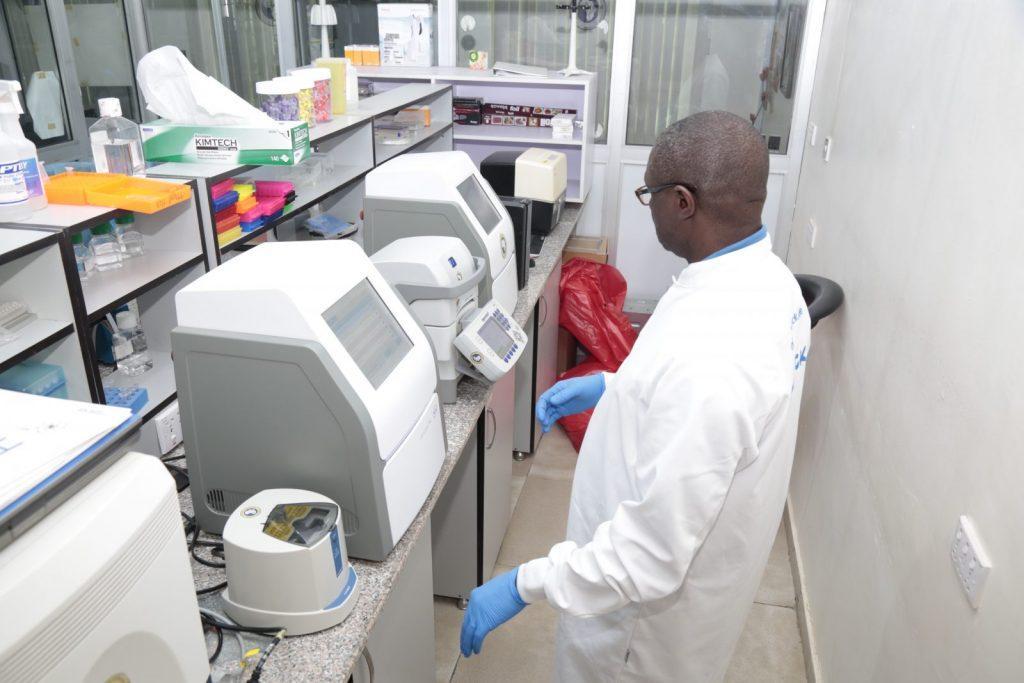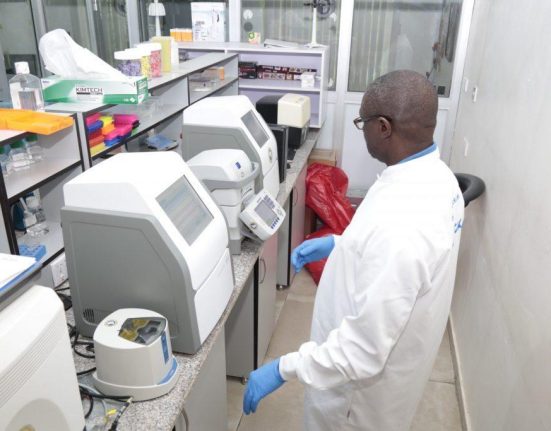The Lagos State Government has been advised to prioritise the development of robust digital systems to generate reliable data that can drive more efficient and accountable sanitation management across the state.
This call was made by Ridwan Sorunke, Founder of the Policy Vault Project and a principal at Dev-Afrique Development Advisors, in a statement issued on Tuesday. Sorunke noted that while Lagos continues to face infrastructural challenges in sanitation, a deeper, often overlooked problem lies in the lack of coordinated data systems to manage and improve service delivery effectively.
According to him, the daily reality for millions of Lagos residents involves the use of unsupervised toilets, unemptied pit latrines, and indiscriminate waste disposal, with little or no accountability or oversight. He stressed that the absence of a comprehensive, functioning data system to monitor and manage non-sewered sanitation facilities is at the heart of the persistent failure in the sector.
“Every day, millions of people across Lagos rely on sanitation solutions that are practically invisible to regulators — from pit latrines and septic tanks to container toilets, especially in informal settlements. These systems are largely undocumented. There’s no clear database indicating where they are located, how often they are emptied, or even where the waste ends up,” Sorunke stated.
He recalled that while the Lagos State Wastewater Management Office undertook a baseline mapping exercise in 2022 to identify and address these gaps, recent findings from a 2024 report by Dev-Afrique Development Advisors suggest that the effort was insufficient. The report highlighted significant fragmentation in the data, lack of system updates, and poor stakeholder integration, all of which continue to hinder meaningful progress.
“The implications are far-reaching. Without reliable data, it becomes impossible for regulators to enforce health and safety standards, for health officials to respond promptly to outbreaks, and for communities to hold service providers accountable. Worse still, public funds are allocated based on rough estimates instead of evidence-based planning,” he explained.
Sorunke urged the Lagos State Government to learn from successful models adopted in other African cities. He pointed to Kampala, Uganda, where a mobile application now connects households to licensed waste haulers and enables real-time tracking of service delivery. Similarly, he noted that sanitation authorities in Nairobi, Kenya, make use of digital dashboards to assess service providers’ performance and guide public investment.
“Lagos can — and must — take similar bold steps if it truly intends to transform its sanitation landscape. The solutions already exist, and the success stories from other African cities show that it is possible,” he affirmed.
As part of the way forward, Sorunke recommended the establishment of a unified digital sanitation platform that brings together data from various arms of government, including local councils, licensed waste operators, the Ministry of Health, and the Ministry of Environment. This integrated approach, he said, would enable better coordination, transparency, and decision-making.
Sorunke, whose firm supports governments and non-profits in driving data-informed development across Africa, reiterated that embracing digital innovation in sanitation is no longer optional for Lagos, but a necessity if the state hopes to tackle its growing urban challenges with lasting impact.

